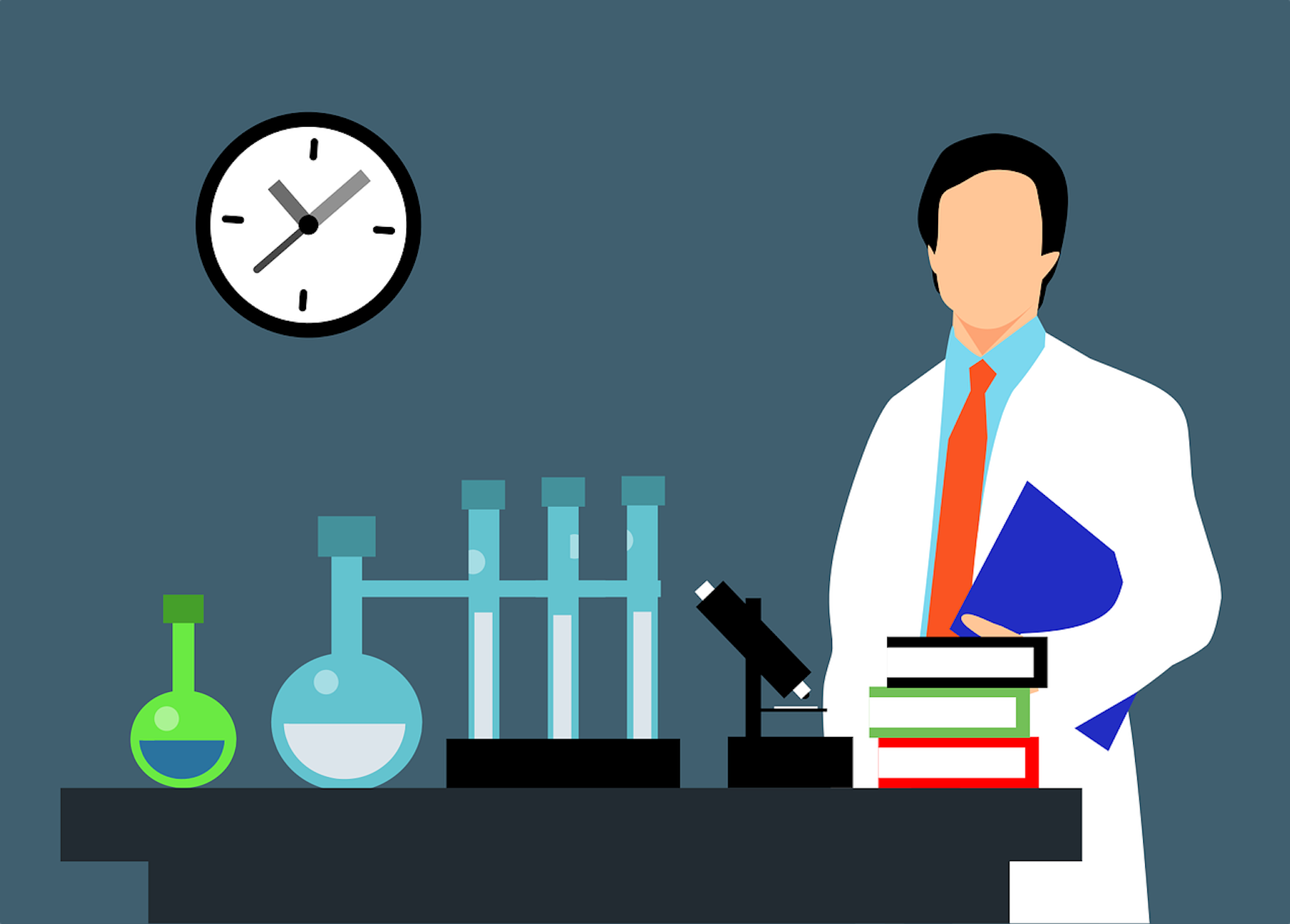Global design firm HOK has released research providing lab owners and developers guidance for reducing operational and embodied carbon to meet net zero goals.
HOK’s initial analysis indicates that it is possible to build and operate labs in accordance with the sustainable design goals of the RIBA and AIA 2030 challenges, according to the report’s executive summary. “The approaches studied in this analysis can significantly reduce the whole-life carbon (operational carbon + embodied carbon × building lifespan) of a lab building,” the document says.
Modelling revealed little difference between vertical and linear lab building forms in achieving net zero. But linear labs’ expansive roofs provide an advantage by allowing for more solar panel arrays.
The analysis examined new lab buildings, but the most sustainable option is to reuse and adapt existing buildings, HOK says. Lab buildings are significantly more energy intensive to operate than commercial office buildings and their embodied carbon also is much higher than typical commercial space. Labs demand far greater ventilation than most building types and are home to highly energy-intensive equipment that is often in operation 24 hours a day. Labs also require robust structural systems to limit building vibration and support heavy building loads.
HOK’s analysis looked at numerous strategies to reduce carbon footprint in lab structures. The report provides technical details on these approaches.
Related Stories
| Nov 29, 2012
Government policies help accelerate adoption of green building
Green procurement policies or green building mandates can help accelerate the adoption of green building practices, according to research by Timothy Simcoe and Michael Toffel.
| Nov 26, 2012
Minnesota law to spur development, job creation produced few jobs
Legislation that allowed local governments to direct excess property tax dollars from tax-increment financing districts into other private developments was supposed to kick-start construction hiring in Minnesota.
| Nov 26, 2012
How to boost resilient systems that are sustainable
Cities of the future can be both more resilient and more sustainable by promoting strategies that include solar power and green roofs, programs that minimize demand for energy, rain gardens, and permeable pavement.
| Nov 26, 2012
Developer of nation’s first LEED platinum skyscraper focuses on carbon reduction
The Durst Organization, the developer of the first LEED platinum certified skyscraper in the country, says it will not seek LEED certification for its residential pyramid planned for New York’s West 57th Street.
| Nov 26, 2012
Questions linger over ability of Miami's newer high-rises to withstand hurricanes
Some towers in Miami, rebuilt after a hurricane in 2005, were allowed to be constructed under older building codes instead of newer ones created after Hurricane Wilma.
| Nov 26, 2012
Changes in development and building standards needed for health of Potomac River
The Potomac River’s health stands to suffer if the region does not change its development and building standards, according to the Potomac Conservancy.
| Nov 16, 2012
South Dakota prefers LEED over building code on state projects
“(LEED is) much better than a mandatory building code because you get a little wiggle room in these projects,” said Mike Mueller, a spokesman for the South Dakota Bureau of Administration.












